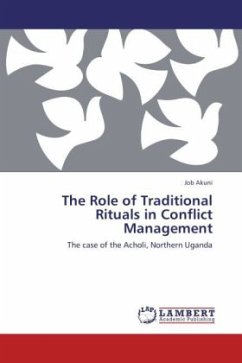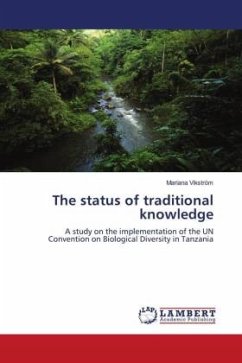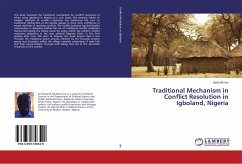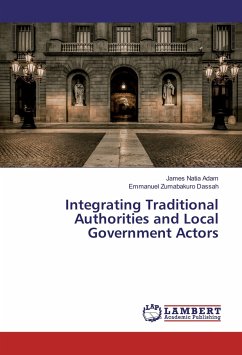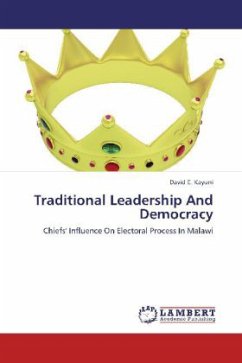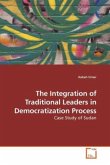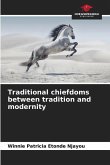For over two decades, northern Uganda has been at the epicentre of the most violent conflict waged by the Lord's Resistance Army (LRA) rebels against the Government of Uganda. The LRA has been using some traditional and Christian rituals in its war. The LRA conflict has evolved and has had regional security implications to the Great Lakes of Africa. In this book, the author examines whether integrating context specific indigenous ritual elements into contemporary conflict management approaches would address the characteristically ritualistic LRA conflict. Using the case of the Acholi of northern Uganda, the author critically examines the efficacy of indigenous rituals in conflict transformation. The major findings revealed that some Acholi indigenous rituals have been used for generations in the management of small-scale conflicts and are perceived to be effective. Whether the indigenous rituals that are perceived as effective in the management of small-scale conflicts have the potentials of being adapted in the management of the LRA conflict remains controversial. It is through this unique lens that the book contributes to the contemporary debate on ending the LRA conflict.
Bitte wählen Sie Ihr Anliegen aus.
Rechnungen
Retourenschein anfordern
Bestellstatus
Storno

